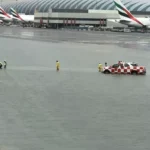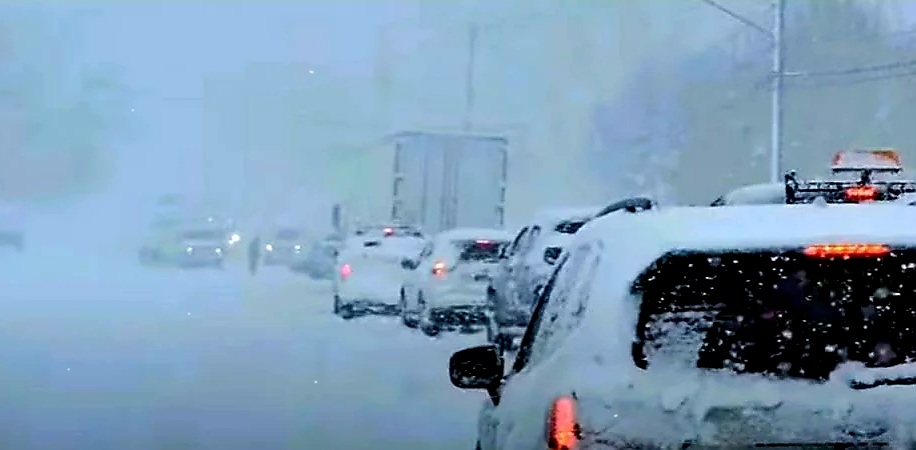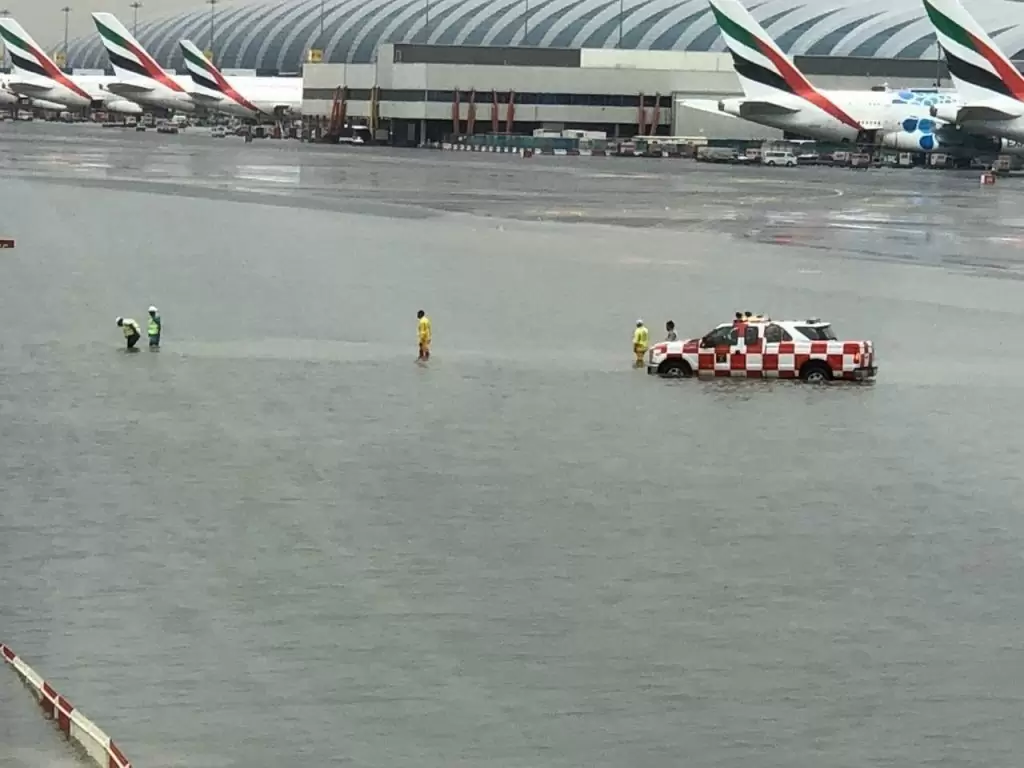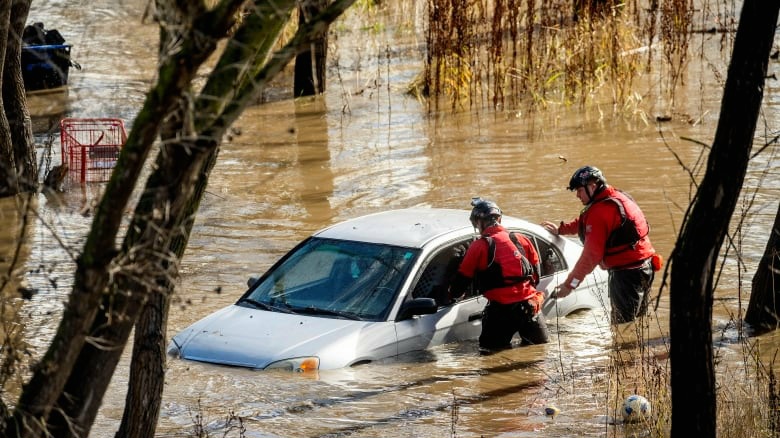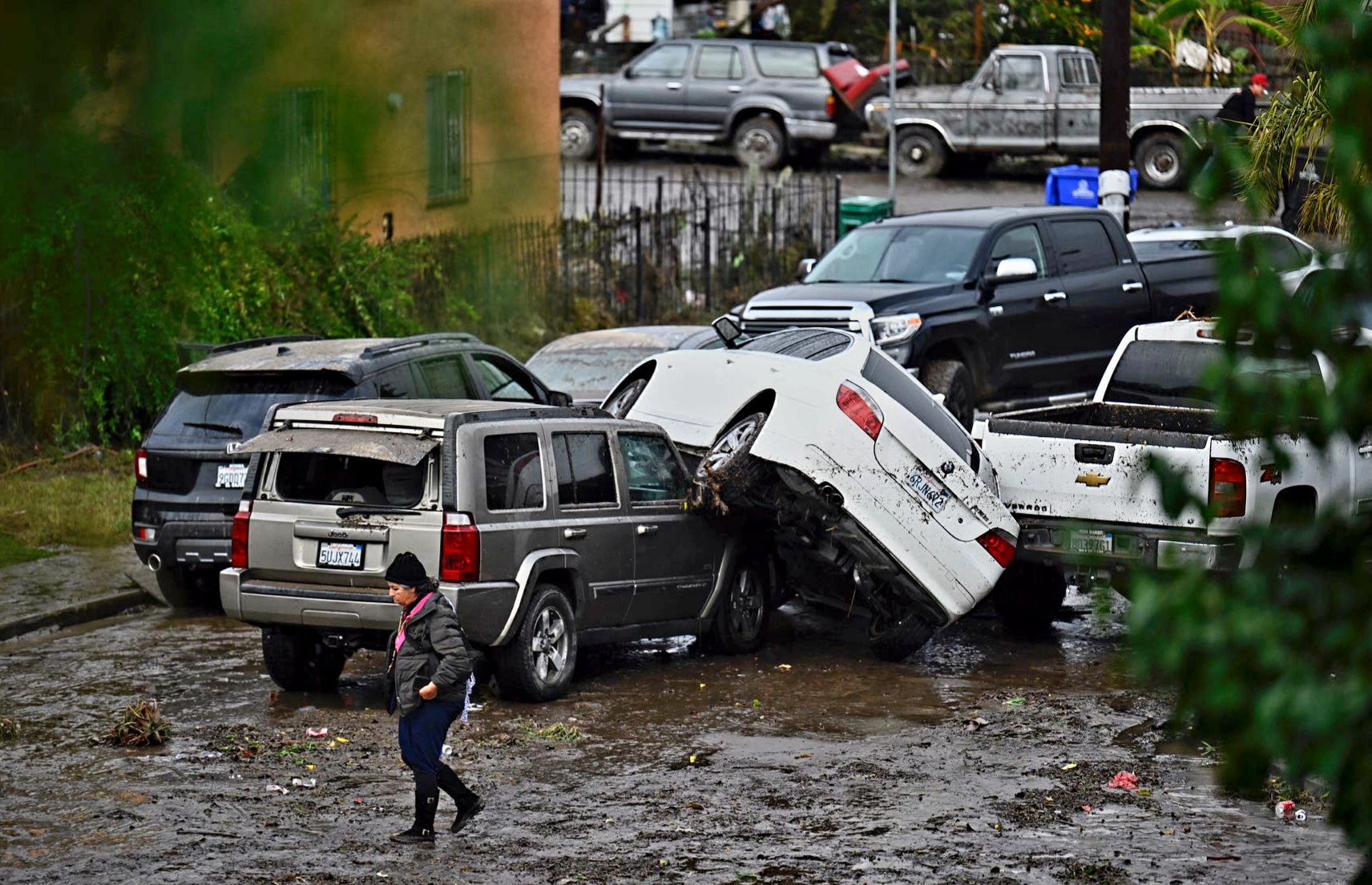Cold temps in Shreveport, Jackson, Birmingham, and Atlanta, dropping to teens or low 20s Saturday morning.
This weekend a harsh surge of Arctic air is expected to remain entrenched across a wide expanse of the United States. Tens of millions of people are poised to endure exceptionally cold temperatures coupled with the added challenge of facing treacherous icy conditions. Forecasters issued warnings on Saturday highlighting the severity of the situation as the toll of weather-related deaths surpassed 60.
On Friday heavy snowfall blanketed various regions in the Northeast and Midwest contributing to the overall weather-related challenges. The plummeting temperatures during the overnight hours further compounded the situation rendering roadways slick and hazardous. The combination of bitter cold and icy conditions poses significant risks to individuals across affected areas necessitating heightened caution and preparedness during this meteorologically challenging period.
The Mississippi Emergency Management Agency reported two additional deaths on Saturday occurring in an incident on a rural highway in Leflore County situated north of Jackson. Unfortunately, further details about the incident are not currently available.
This brings the states death toll to at least eight people over the past week. These fatalities have been attributed to adverse road conditions and the extreme cold weather gripping the region. The situation underscores the serious impact of the weather emphasizing the need for continued vigilance and safety measures in affected areas.
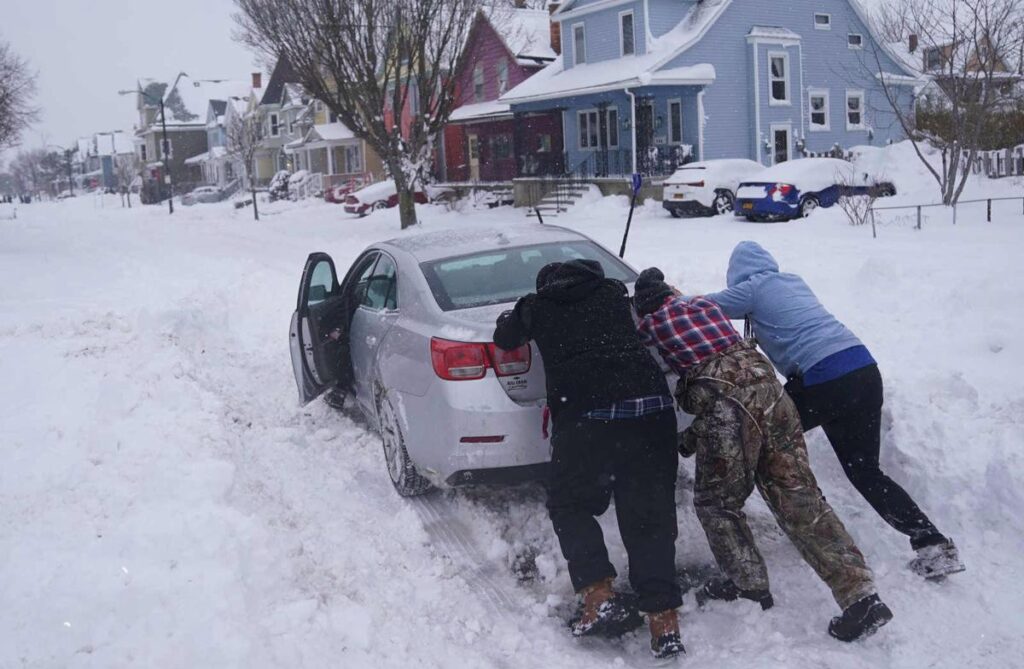
The toll of weather-related fatalities in the U.S. has now climbed to at least 61 people due to the ongoing dangerous winter weather. Tennessee and Oregon have reported a significant number of these deaths.
Emergency officials in Mississippi warned of the heightened risk of frostbite and hypothermia with prolonged outdoor exposure. Meanwhile the National Weather Service indicated that temperatures were anticipated to drop to single digits in Minneapolis and the teens in Chicago and St. Louis. The wind chill factor could make it feel as low as minus 30 degrees Fahrenheit across parts of the northern Plains underscoring the severity of the cold wave.
In Baltimore high winds on Saturday created a wind chill effect making temperatures feel like they were just in the double digits. Attendees of the NFL playoff game between the Baltimore Ravens and the Houston Texans at M&T Bank Stadium had to layer up due to the frigid conditions although not expected to be as record setting as last weekend’s game in Kansas City between the Chiefs and the Dolphins.
In preparation for the playoff game between the Chiefs and the Buffalo Bills on Sunday evening fans in the Buffalo New York area were once again called upon to assist in shoveling out Highmark Stadium on Saturday. Reports indicated they could earn $20 per hour for their efforts.
Shoveling for the Bills wave got to get this done and secure a win against the Chiefs expressed fan Tyler Kocher. Team officials estimated that hundreds of fans worked diligently to clear nearly 5 feet of snow from the stands showcasing their dedication and determination to support the Buffalo Bills in their playoff game against the Kansas City Chiefs.
Southern cities including Atlanta faced a deep freeze with wind chill making temperatures feel like the teens while residents in Nashville experienced temperatures feeling below zero Fahrenheit. Travel remained hazardous in the Great Lakes region where snow showers were expected following up to 32 inches of snow in parts of Indiana on Friday.
In Northern California heavy rain was anticipated and in Portland Oregon thousands remained without power after freezing rain on Friday. Tragically at least nine weather related deaths occurred in Oregon including three in Portland due to a downed power line where a young woman rescued a 9-month-old baby.
The current cold snap is anticipated to improve after the weekend with the National Weather Service predicting a steady warmup for the middle of the country beginning Sunday as there’s no additional influx of Arctic air from Canada.


